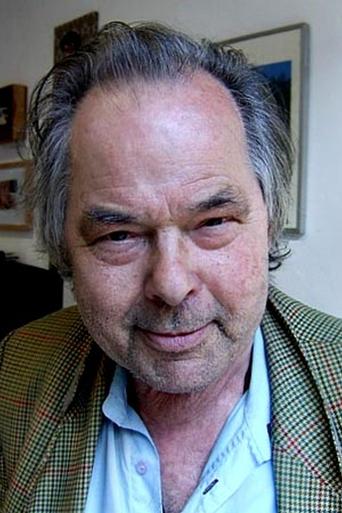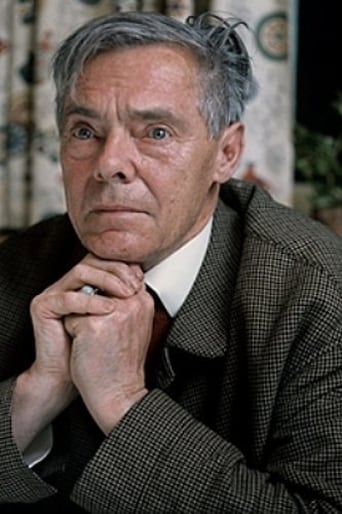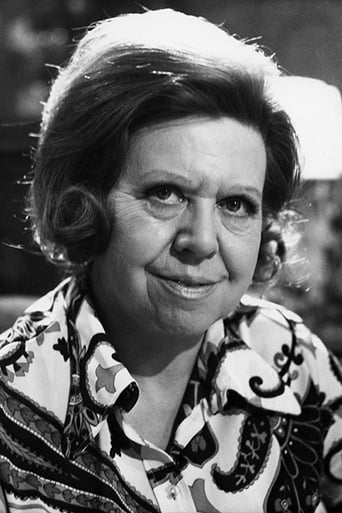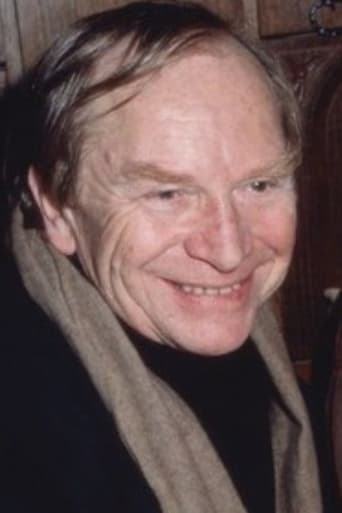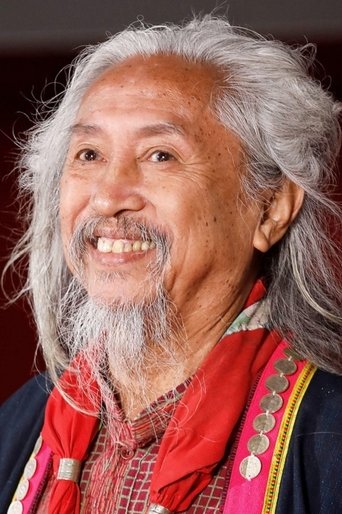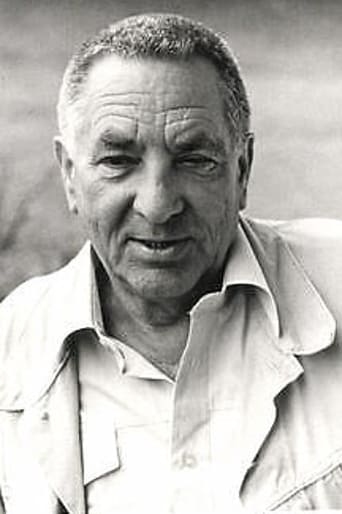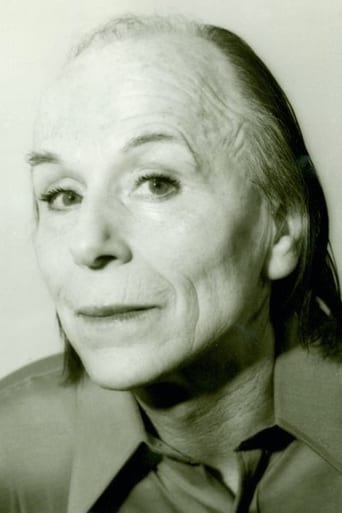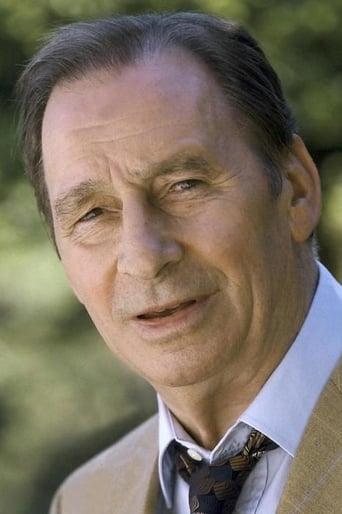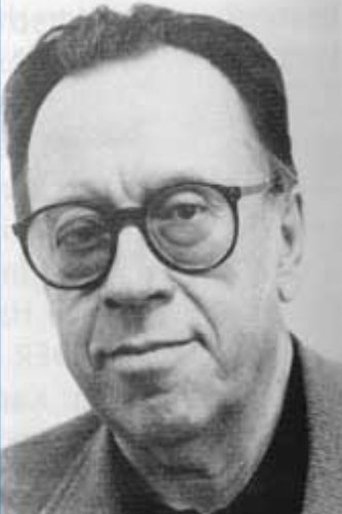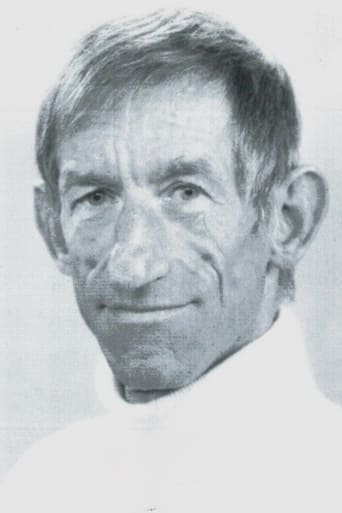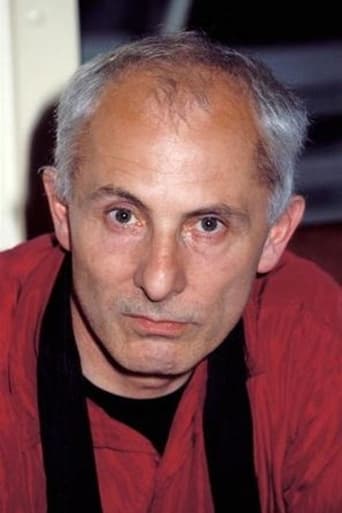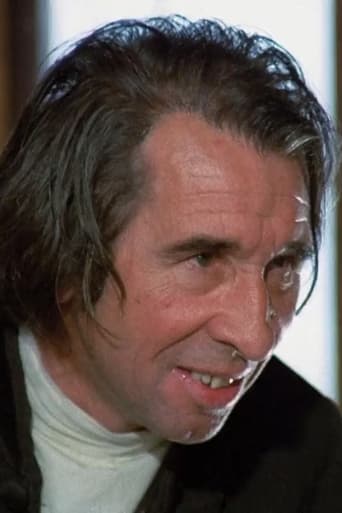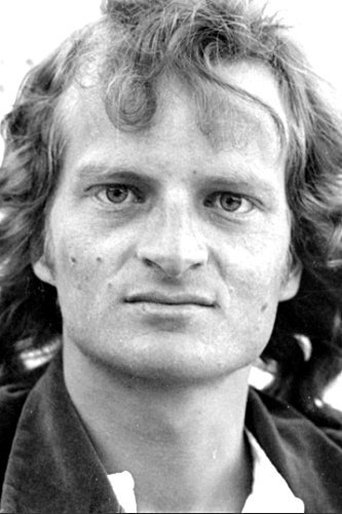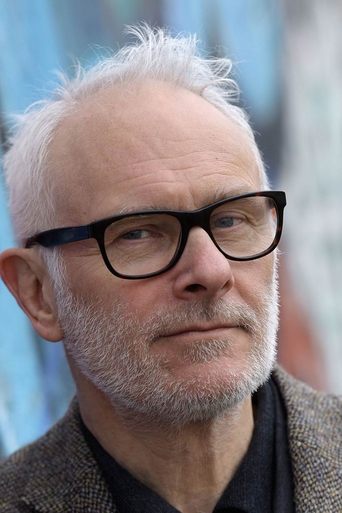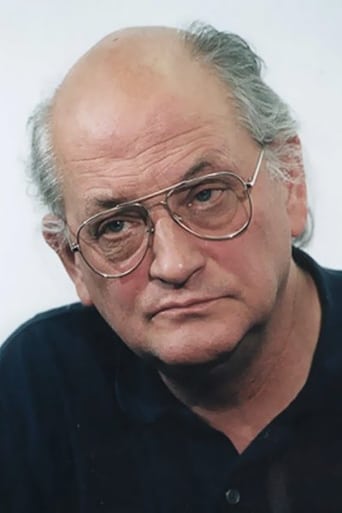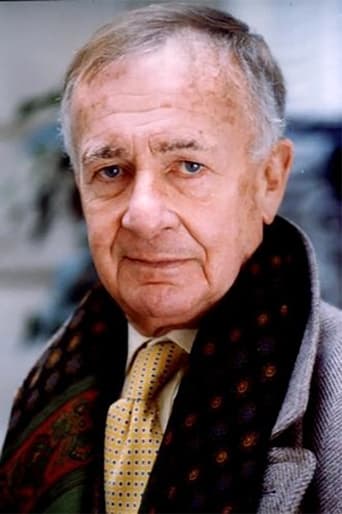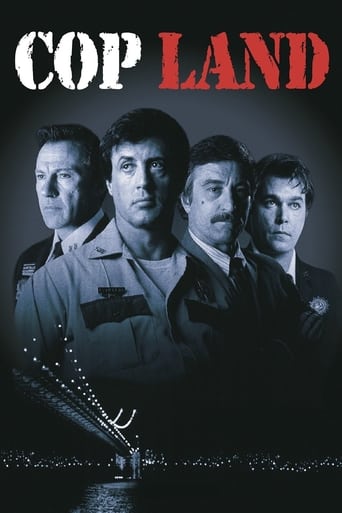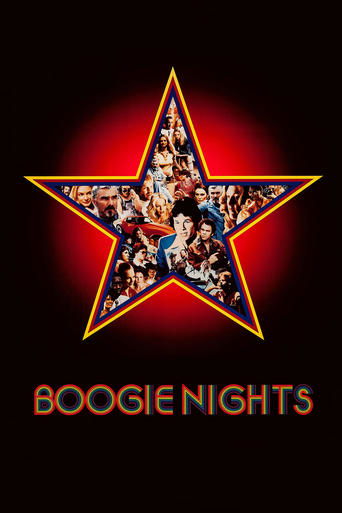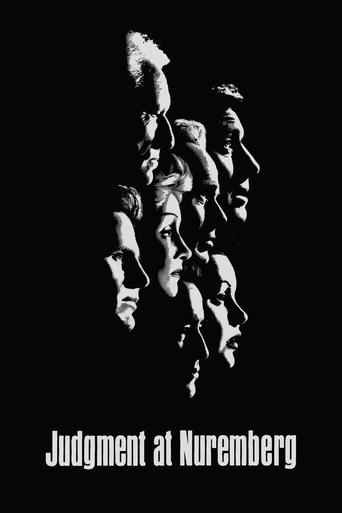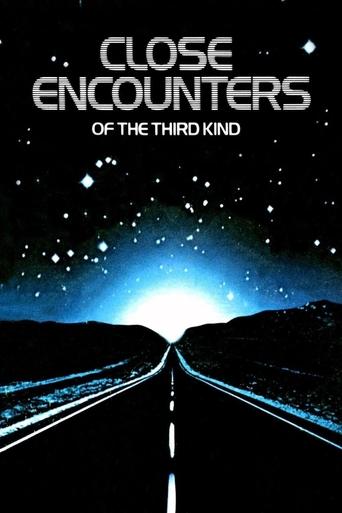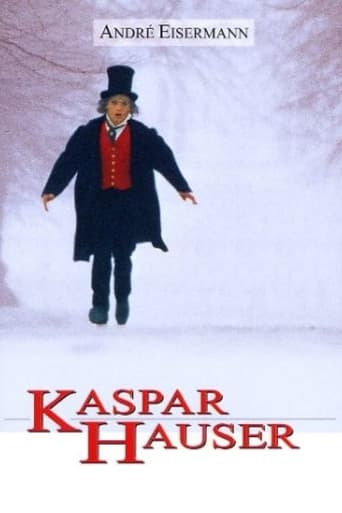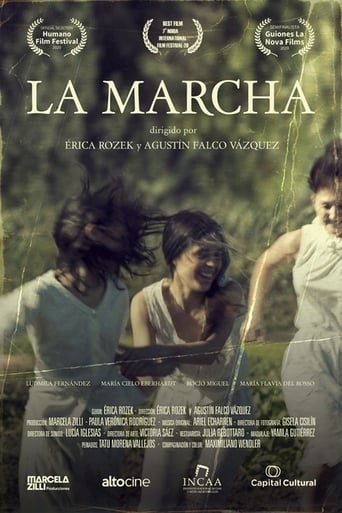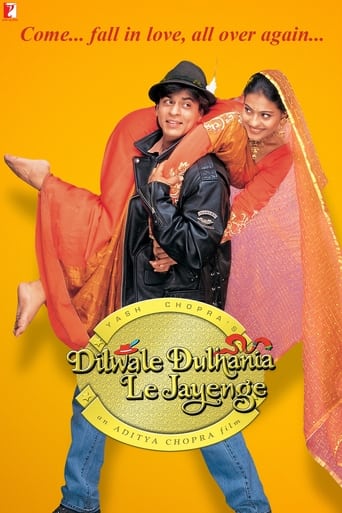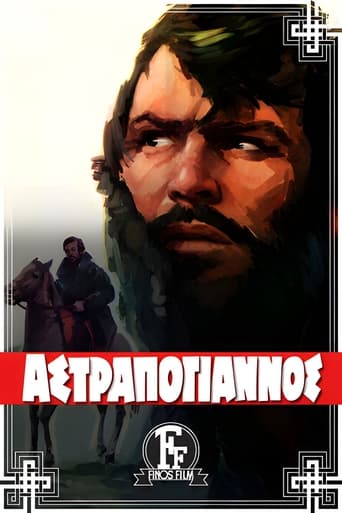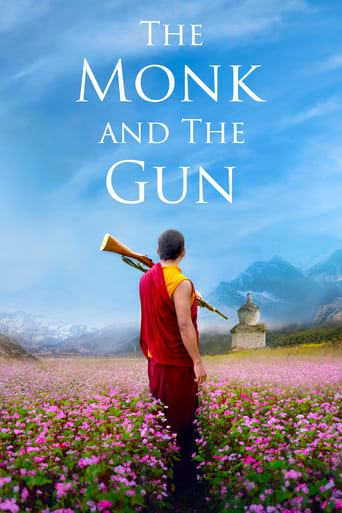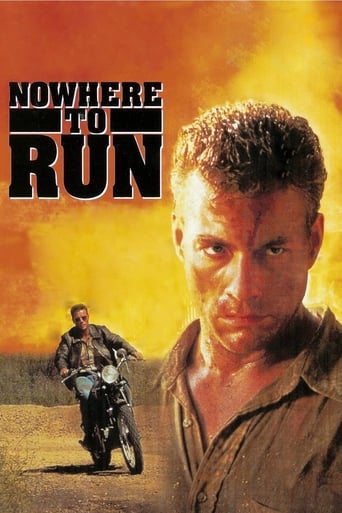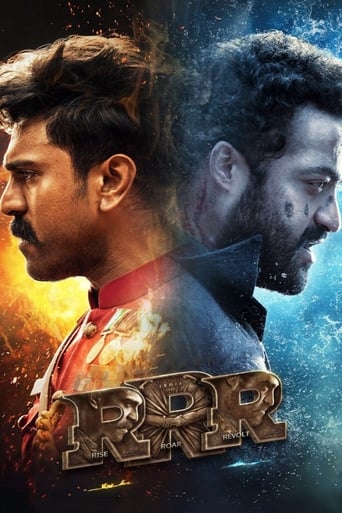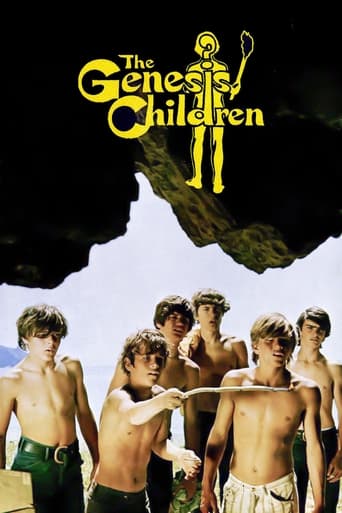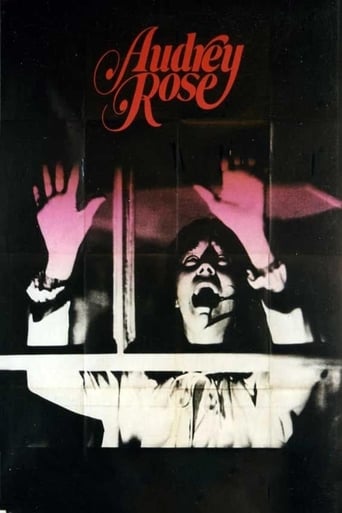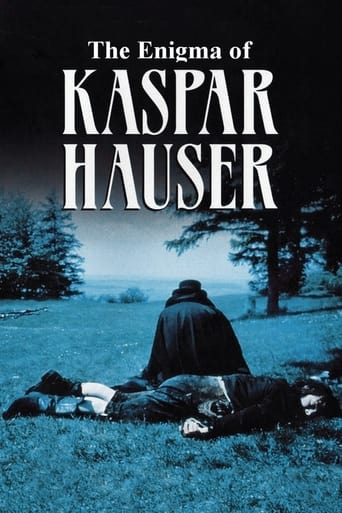
The Enigma of Kaspar Hauser (1974)
The film follows Kaspar Hauser (Bruno S.), who lived the first seventeen years of his life chained in a tiny cellar with only a toy horse to occupy his time, devoid of all human contact except for a man who wears a black overcoat and top hat who feeds him.
- Werner Herzog
- Benedikt Kuby
- Feli Sommer
- Werner Herzog
Rating: 7.3/10 by 319 users
Alternative Title:
The Enigma of Kaspar Hauser - US
Jeder für sich und Gott gegen alle - DE
O Enigma de Kaspar Hauser - BR
Every Man for Himself and God Against All - US
The Mystery of Kaspar Hauser - US
El enigma de Kaspar Hauser - ES
Kaspar Hauser - var och en för sig och Gud mot alla - SE
L'énigme de Kaspar Hauser - FR
Gåten Kaspar Hauser - NO
Country:
Germany
Language:
Deutsch
Runtime: 01 hour 49 minutes
Budget: $0
Revenue: $0
Plot Keyword: liberation, nuremberg, germany, curious
Right - despite the fact that this is based on an actual man and actual events, it is pretty aptly titled. Werner Herzog takes a bit of a punt with his chronology of the life of Kaspar Hauser (a strong performance from Bruno S.) but there are very few definites here except for the fact that we know (or come to know) that he had spent most of his childhood chained to a bed in a cellar with his only human contact coming from a man clad in black who fed and watered him daily. Then he released him, barely mobile or able to speak, into 1820s Nuremberg armed only with the clothes he stood up in and a note for the local soldiers. The rest of the tale unravels via a mixture of a conversation from the man himself with housekeeper "Käthe" (Brigitte Mira) about his past whilst we also focus on how various elements of society try to ingratiate, capitalise upon and analyse the young man before his untimely death spawns an whole new slew of sometimes fantastic conspiracy theories. At times there's something akin to Dumas' "Man in the Iron Mask" to the thread - could he be the illegitimate son of a grandee, a rich and powerful person? Well there's the enigma - we didn't know then and maybe we never will know - and that's the concept that this film juggles quite entertainingly and provocatively. He can barely speak yet picks language up quickly and efficiently. Writing likewise. Might that suggest he comes from learned stock? We are presented with a man virginal in almost every extent - his lack of exposure to his own kind leaving him naive and vulnerable but also eager and not always endearing. His personality is an open book initially, but he colours it in quite quickly and that's as much due to those vying for influence as he gradually become more forthcoming. It all ends rather sadly, and inexplicably - so don't anticipate closure. It's a series of questions with not so many, satisfactory at any rate, answers. The production looks good, the story consistently paced and we are left with an intriguing conundrum delivered by a solid cast of character actors who encapsulate not just his predicament but their own agenda too.
**_The real-life story of the mysterious Kaspar Hauser put to film by Werner Herzog_** A young man shows up in the square of a town in Bavaria in 1828 (Bruno S.), but he can only speak a few words and can hardly walk. The note in his hand was from someone who cared for him near the Bavarian border since he was an infant. It stated that he had never been let outside the house and wanted to be a cavalryman, like his father. The teenager finds himself becoming a ‘hit’ and stirs up much attention. “The Enigma of Kaspar Hauser” (1974) was Herzog’s follow-up to his acclaimed “Aguirre, the Wrath of God” from two years prior. While I think Herzog’s forthcoming “Fitzcarraldo” is great, I found this a little disappointing. For one thing, Bruno S was 42 years-old during shooting whereas the real-life Hauser was only 16 when he was found. I guess that’s why Herzog changed his birthdate from 1812 to 1810 for the movie. Since it was common in cinema at the time to cast way older actors as teenagers (which is still done occasionally today), I suppose this can be forgiven. Besides, Werner realized after writing the script that it would be challenging to find an actor to play such an extreme role convincingly. However, when he saw Bruno S. in a documentary and learned of his difficult childhood, the son of an abusive prostitute and spending many years in institutions, even being the subject of Nazi experiments on mentally-disabled kids, he decided to cast him because of his extraordinary mental circumstances. A couple of other issues are that Hauser’s cell in his youth was reported to be 4 feet by 7 and not high enough for him to stand upright, which are of much bigger dimensions in the movie. Plus, the flick supports the idea that Hauser’s captor is one-and-the-same as the person who supposedly attacks him with a knife after he acquires fame, which doesn’t jibe with the known possibility that Hauser was addicted to the attention he got for being “special” and committed the stab wounds himself in order to work up interest when his popularity started to wane. Since we don’t know the facts, this element should’ve at least been kept ambiguous in the film. While you can’t beat the authentic locations, I found the proceedings a little boring with a highlight here or there. This wasn’t helped by the one-dimensional portrayal of the title character but, then, how else would such a peculiar individual be depicted? So, I guess it comes down to how interested you are in the subject matter. At the very least, the movie gives you a decent visual of what actually happened 200 years ago in Bavaria. A more compelling ’70’s Euro-flick that takes place in a comparable setting and has a similar ‘feel’ is “Mysteries” from 1978, based on Knut Hamsun’s 1892 novel. For entertaining exploitation in the same general milieu, see Klaus Kinski’s “Jack the Ripper” from 1976. It runs 1 hour, 49 minutes, and was shot in Dinkelsbühl, which is an hour’s drive southwest of Nuremberg in Bavaria, Germany. GRADE: B-

